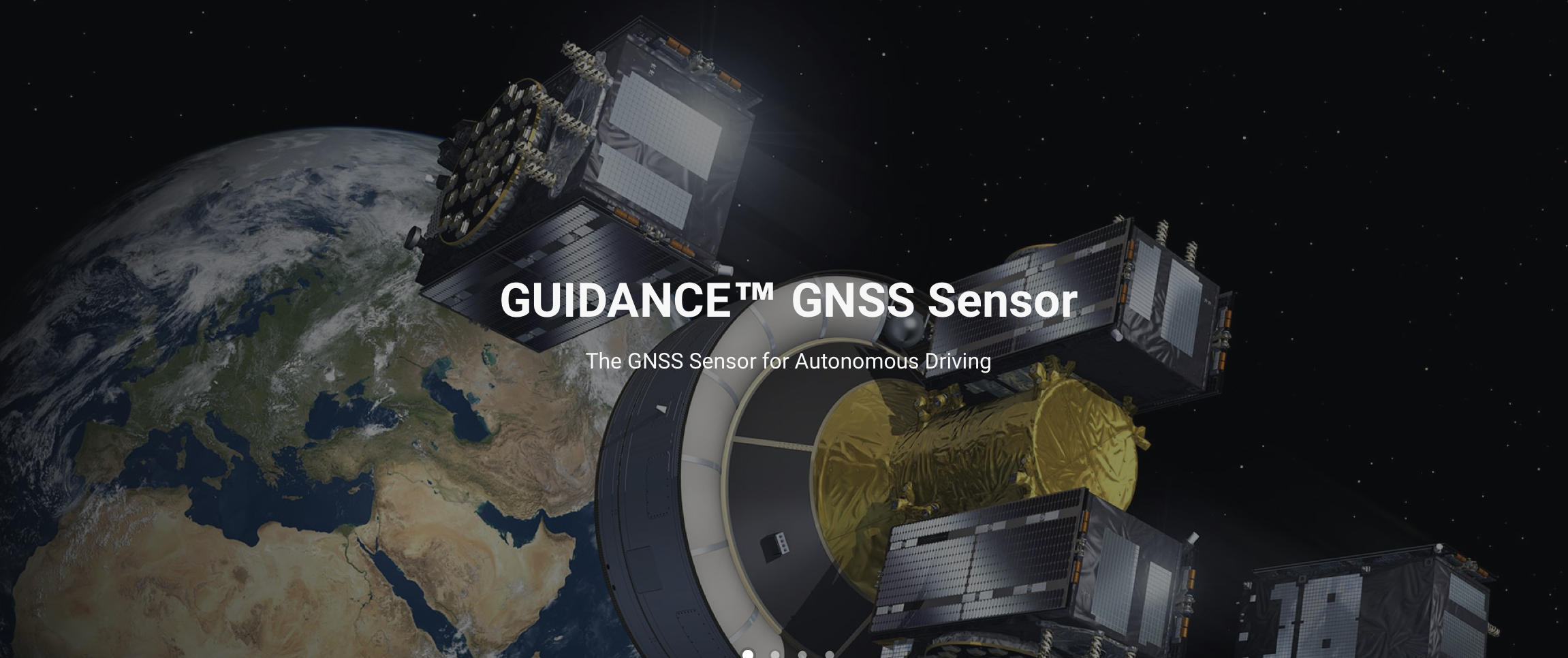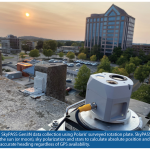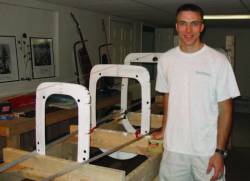Space systems company Elecnor Deimos and the autonomous driving start-up Accurision are joining forces for the development of a highly accurate, precise and reliable GNSS sensor based on Europe’s satellite navigation system Galileo.
It’s a match made in heaven, said Pedro Freire da Silva of Demois at ION GNSS+. The high-technology space engineering solutions company Elecnor Deimos and the Accurision have signed a technology agreement to start a collaboration that will result in a highly accurate, precise and reliable GNSS sensor for autonomous vehicles.

When thinking about autonomous vehicles, one of the basic but crucial parts is the absolute positioning sensor. This sensor must be highly accurate, precise and – foremost – reliable. This is exactly what the Galileo navigation system is able to offer, according to Deimos. The high technology standards of Europe’s satellite navigation system deliver the required precision in location and an enhanced robustness against unwanted effects.
Elecnor Deimos has built a reputation specializing in mission analysis, guidance, navigation and control including Galileo system development. This expertise has resulted in GNSS sensor technology that will complement and further enhance Accurision’s GUIDANCE GNSS sensor. Additionally, both companies have reached an agreement to jointly develop this enabling technology for autonomous navigation systems. Such technology targets cars and other vehicles that will play a significant and increasingly important role in today’s and tomorrow’s economy and society. Freire da Silva, head of the GNSS Receiver and Applications department, explains that “Galileo’s unique signals characteristics including the E5 AltBOC modulation have become key enablers of robust and highly accurate navigation and will set the standards for the future navigation systems”. Accurision shall launch its first product into the market in 2020 with test trails expected in 2019.






